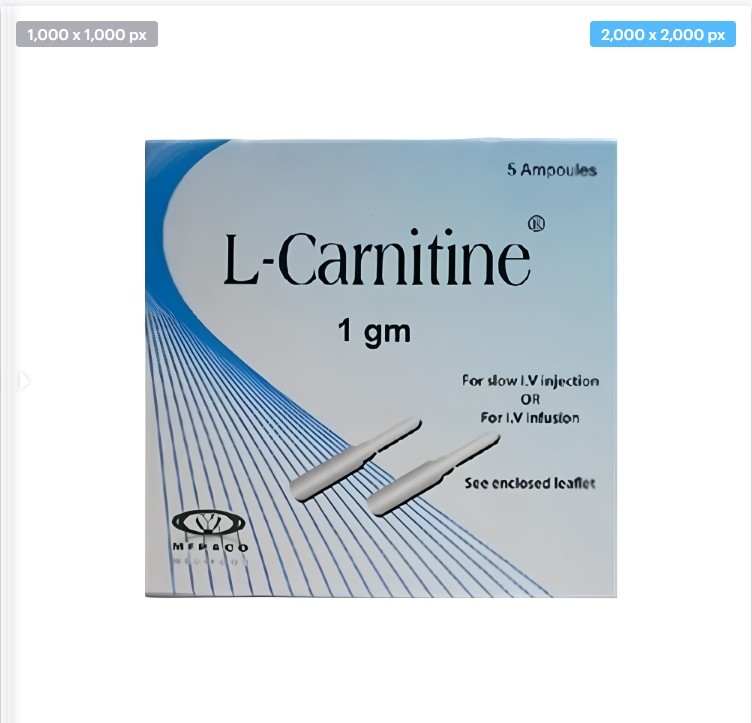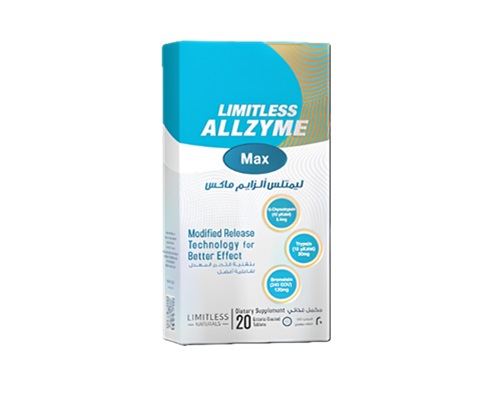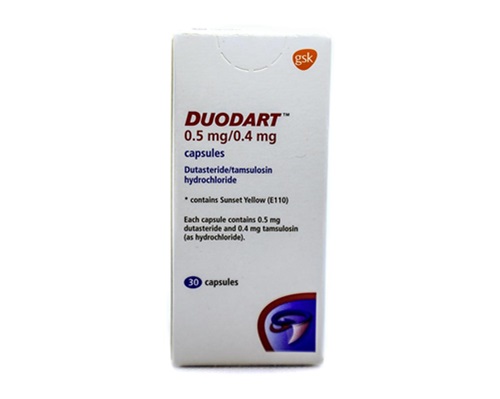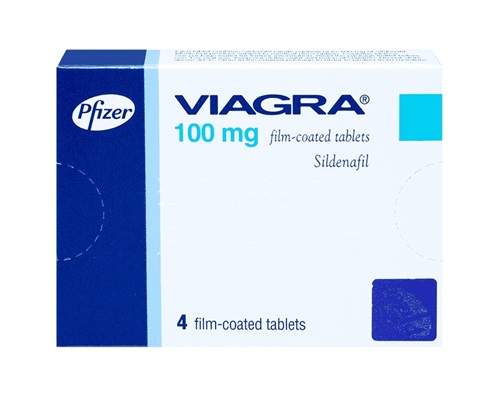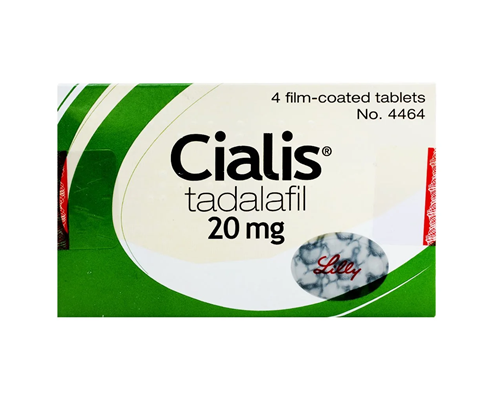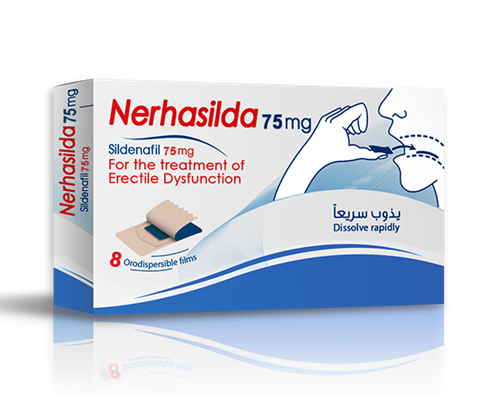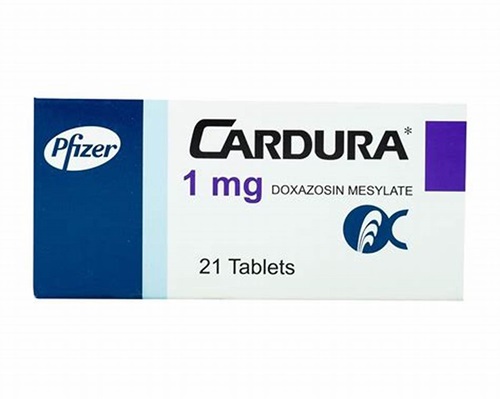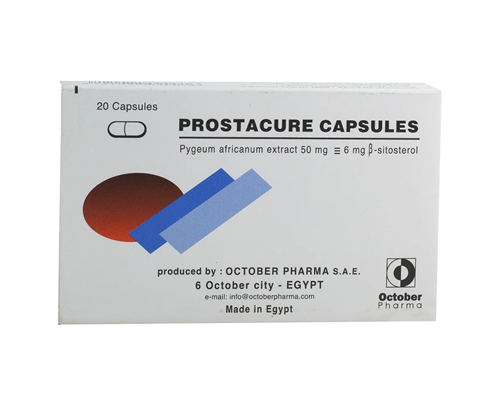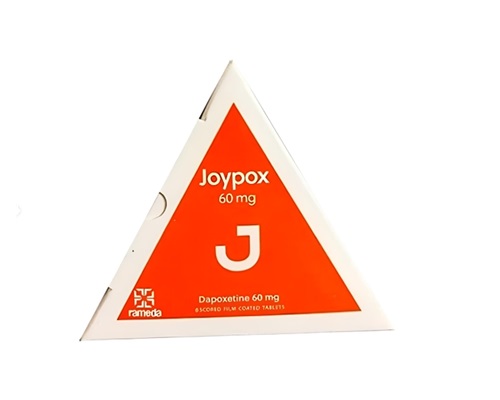Description
Trade name:
L-Carnitine
Compound:
Each 5 ml of solution contains:
L-carnitine 1 g
Properties:
The main function of L-carnitine is energy production. By transporting fatty acids to the mitochondria, it promotes their oxidation to acetyl-CoA and conversion to ATP. Carnitine has an antihypoxic and anabolic effect. It stimulates tissue regeneration, increases the intensity of lipid metabolism, improves the metabolism of coenzyme A and, by mobilizing fat depots, slows down the consumption of proteins and carbohydrates. Another useful property of the compound is the stimulation of enzymatic activity in the gastrointestinal tract, which increases appetite and normalizes digestion. It slows down the formation of lactic acid during physical exertion, improves the delivery of nutrients to nerve fibers and accelerates the burning of fat deposits between muscles.
Indications:
Primary carnitine deficiency myopathy of skeletal and cardiac muscles, hepatic encephalopathy. Secondary carnitine deficiency due to genetic disorders, aciduria and beta-oxidation disorders.
Secondary carnitine deficiency due to acquired conditions.
Hemodialysis and renal Fanconi syndrome, anticonvulsants, sodium valproate, pivampicillin therapy. L-carnitine has a cardioprotective effect during antitumor therapy. Myocardial infarction: L-carnitine reduces infarct size.
Low birth weight infants. Full-term infants fed soy-based formula. Improving athletic performance in healthy individuals.
Long-standing leg ulcers.
Idiopathic asthenozoospermia.
Hemolytic anemia (thalassemia and sickle cell anemia).
Method of administration and dosage:
Children 50 to 100 mg / kg body weight, maximum dose up to 3 g / day. The injection is administered intravenously. The recommended dose is 50 mg / kg as a slow bolus injection over 2-3 minutes or infusion. Often, patients with severe metabolic crisis are given a loading dose, followed by an equivalent dose over the next 24 hours. It should be administered every 3 hours or every 3 hours. and in no case less often than every 6 hours, by infusion or intravenous injection. It is recommended that all subsequent daily doses be in the range of 50 mg / kg or as needed. The maximum dose administered was 300 mg / kg.
Contraindications:
No
Precautions:
Side effects:
Storage method:

